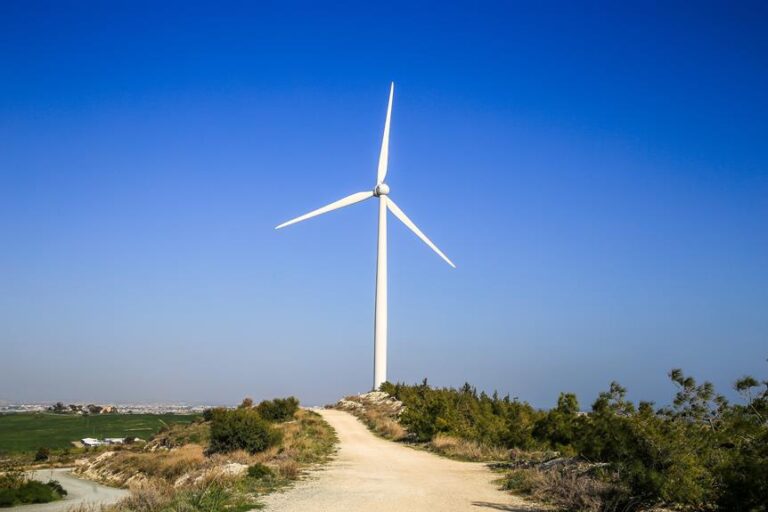Composting: An Eco-Friendly Home Solution for Waste Reduction
Did you know that the average American produces around 4.5 pounds of waste per day? That’s a staggering amount! But here’s a solution: composting. By turning your organic waste into nutrient-rich soil, composting not only reduces landfill waste but also helps the environment. In this article, we’ll explore the benefits of composting and how you can easily implement it in your own home.
Get ready to make a positive impact and become an eco-friendly champion!
Benefits of Composting in Waste Reduction
You can experience numerous benefits by incorporating composting into your waste reduction efforts. Composting methods offer a simple and effective solution for managing organic waste in urban areas. By composting, you can significantly reduce the amount of waste sent to landfills, contributing to a healthier environment.
This eco-friendly practice helps to enrich the soil, promoting healthier plant growth and reducing the need for chemical fertilizers. Composting also reduces greenhouse gas emissions, as organic waste in landfills emits harmful methane gas.
Additionally, composting allows you to divert kitchen scraps and yard waste from the waste stream, minimizing the need for waste collection and disposal services. By embracing composting in urban areas, you not only reduce waste but also play a vital role in creating a more sustainable and resilient community.
Environmental Benefits of Composting
By composting, you can actively contribute to reducing the environmental impact of waste disposal. Composting helps to minimize your carbon footprint and promotes sustainable organic waste management.
Here are some ways in which composting positively affects the environment:
- Reduces methane emissions: Composting organic waste prevents it from ending up in landfills where it would produce harmful methane gas, a potent greenhouse gas that contributes to climate change.
- Improves soil health: Compost enriches soil by providing essential nutrients and enhancing its ability to retain moisture. This promotes healthier plant growth and reduces the need for chemical fertilizers.
- Decreases the use of chemical pesticides: Compost can act as a natural pesticide, reducing the need for harmful chemicals that can have detrimental effects on ecosystems.
- Conserves water: Compost helps soil retain moisture, reducing the amount of water needed for irrigation and promoting water conservation.
Composting as a Sustainable Waste Management Solution
A sustainable waste management solution, composting offers a way to reduce waste and benefit the environment. Composting is a natural process that breaks down organic materials, such as food scraps and yard waste, into nutrient-rich soil called compost. This process not only diverts waste from landfills but also produces a valuable resource that can be used to improve soil quality and promote plant growth.
To start composting at home, you can use composting bins, which come in various sizes and designs to suit different needs. Simply collect your organic waste, such as fruit and vegetable scraps, coffee grounds, and leaves, and add them to the composting bin. With regular turning and proper moisture levels, the composting process will transform your waste into nutrient-rich compost, ready to be used in your garden or potted plants.
Reducing Landfill Waste Through Composting
To reduce landfill waste, consider incorporating composting into your waste management routine. Composting is an effective way to divert organic waste from the landfill, reducing the amount of greenhouse gases produced. Here are a few composting techniques you can use:
- Backyard composting: This involves creating a compost pile in your backyard using kitchen scraps, yard waste, and other organic materials. It requires regular turning and monitoring to ensure proper decomposition.
- Vermicomposting: Using worms to break down organic waste, vermicomposting is ideal for those with limited outdoor space. Worms digest the waste and produce nutrient-rich compost.
- Bokashi composting: This anaerobic process involves fermenting organic waste using a special composting mix. It’s a great option for composting meat, dairy, and other food waste that may not be suitable for other methods.
- Community composting: Joining a community composting program allows you to drop off your organic waste at a designated location, where it’s composted on a larger scale.
How Composting Helps Create Nutrient-Rich Soil
Composting not only reduces landfill waste, but it also plays a crucial role in creating nutrient-rich soil for your garden.
The composting process involves the decomposition of organic waste, such as food scraps and yard trimmings, into a rich, dark material known as compost. This compost is then added to your garden soil, providing it with a range of essential nutrients.
As the organic waste decomposes, beneficial microorganisms break it down, releasing nutrients like nitrogen, phosphorus, and potassium into the compost. These nutrients are then absorbed by plants, promoting healthy growth and development.
Compost also helps improve soil structure, allowing for better water retention and drainage. By incorporating compost into your garden soil, you aren’t only reducing waste but also creating a nutrient-rich environment that supports plant growth.
Conclusion
Composting is a simple and effective way to reduce waste and help the environment. Did you know that food waste makes up about 30% of what we throw away? By composting, you can divert this waste from landfills and instead create nutrient-rich soil that can be used in gardens and landscaping.
It’s a win-win solution that benefits both the planet and your home.
Start composting today and make a positive impact on waste reduction.







2 Comments
Comments are closed.